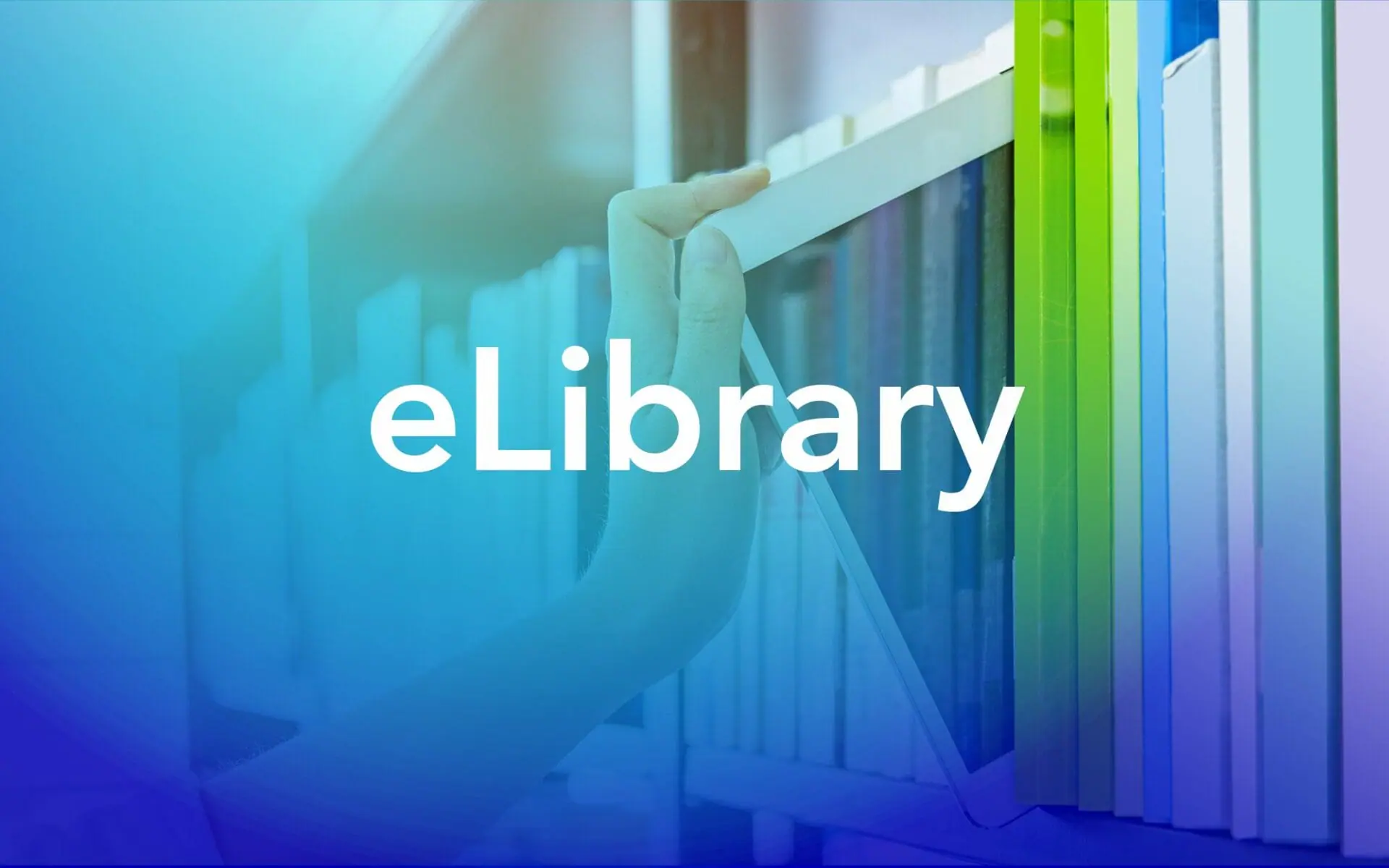By News Wires
Copyright egyptian-gazette

Learning without expiry dates
Education used to have a finish line. A diploma on the wall and that was that. Now it never really ends. People jump back into learning at 30 or 60 picking up skills or diving into subjects they missed the first time around. Whether brushing up on history or trying to understand quantum physics the classroom has stretched far beyond four walls.
E-libraries have quietly become a steady companion in this long journey. While traditional libraries still hold charm and community value they can’t match the reach or flexibility of their online cousins. With a few clicks anyone can enter vast collections of texts journals or manuals that would once have taken years to track down. For instance people can find a very wide collection of books using Zlib without leaving home or worrying about late fees. The convenience is not just practical—it changes how people relate to knowledge.
Why access matters more than ever
Not everyone lives near a top university or a public library stacked with shelves. Some live in small towns others work shifts that make it hard to attend classes. E-libraries help bridge that gap. They don’t care about borders or business hours. That’s a game changer for someone learning during a lunch break or reading late at night after the kids are asleep.
They also allow learners to roam freely. Curious about art history on Tuesday and machine learning on Friday? No problem. The ability to switch gears without costs or paperwork encourages a style of learning that’s more like wandering through a forest than walking down a sidewalk. That freedom keeps minds nimble and makes room for growth at any age.
Here are three reasons why e-libraries have become essential for ongoing education:
No gatekeepers at the Door
In a traditional system learners often need credentials to access certain materials. That might mean enrolling in a course or applying for a library card. E-libraries break that pattern. They put the power back into the hands of the reader. Want to study architecture or poetry or chemistry? Just open the library and start reading. That lack of gatekeeping lowers the barrier to entry and encourages people to explore fields they might have found intimidating before.
Learning that moves with life
Modern life doesn’t sit still. People relocate travel or change careers more often than they used to. Carrying a stack of textbooks across borders is not ideal. E-libraries live in the cloud. The same login works in Berlin or Bangkok. That continuity matters. It means learners can pause and resume their studies without losing momentum. It also means they’re not tied to a single institution’s collection or schedule.
Self-paced and pressure-free
Formal classes come with deadlines and grading. That’s useful sometimes but it can also scare people off. E-libraries support self-directed learning. There’s no rush and no test at the end unless the reader wants one. This kind of pressure-free environment encourages deeper exploration. Readers can take their time with hard concepts or revisit materials without embarrassment.
This flexibility builds confidence and makes it easier for people to return again and again whenever the learning itch strikes.
Human thread in digital pages
Behind every click there’s a real person reaching for something. It might be a better job a deeper understanding or just curiosity. E-libraries support all of it. They don’t replace teachers or classrooms but they amplify the desire to know and give it room to grow. When someone finds a book that clicks something stirs. That spark carries forward into conversations decisions and habits. It’s a quiet kind of transformation but it sticks.
The stories found in e-libraries are not just information—they’re voices across time and space. And once someone hears those voices it’s hard to stop listening.



